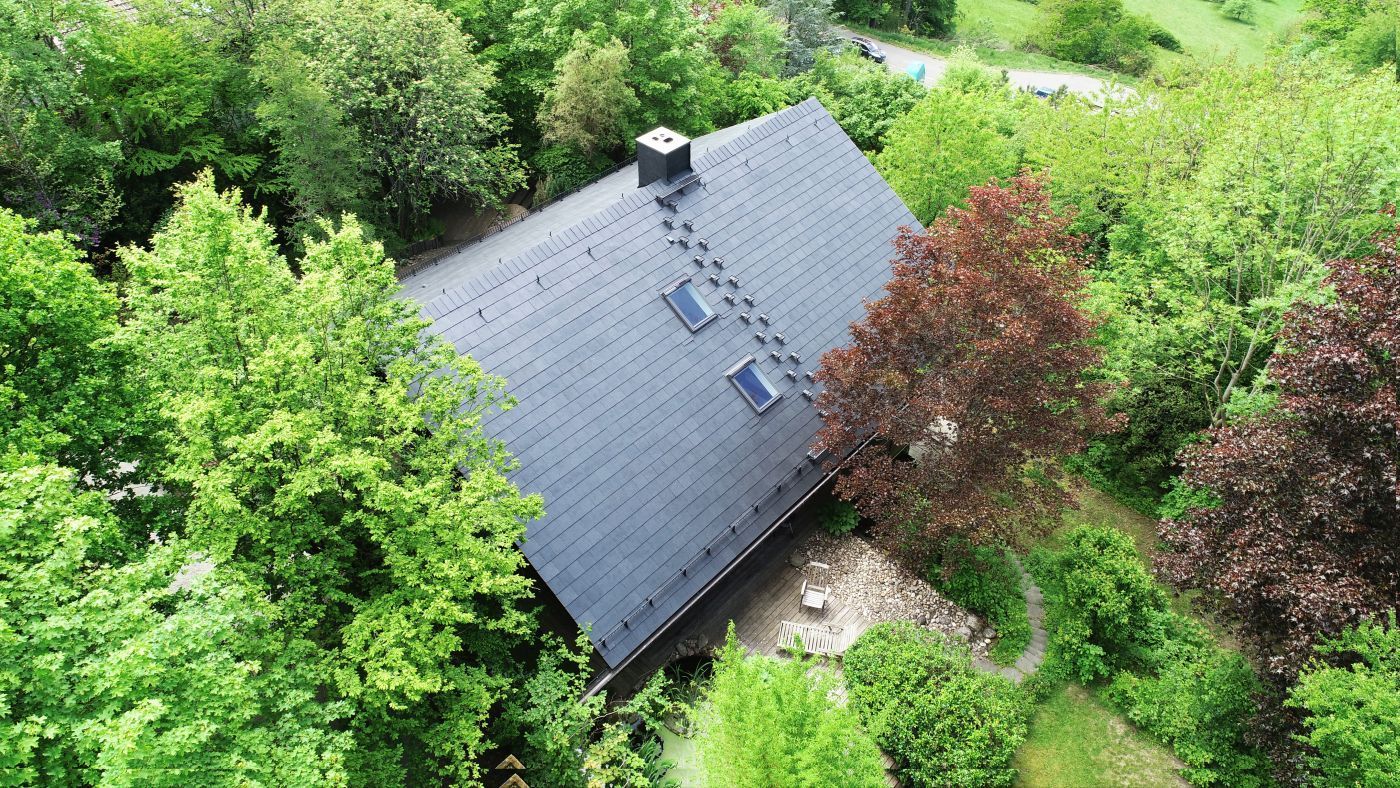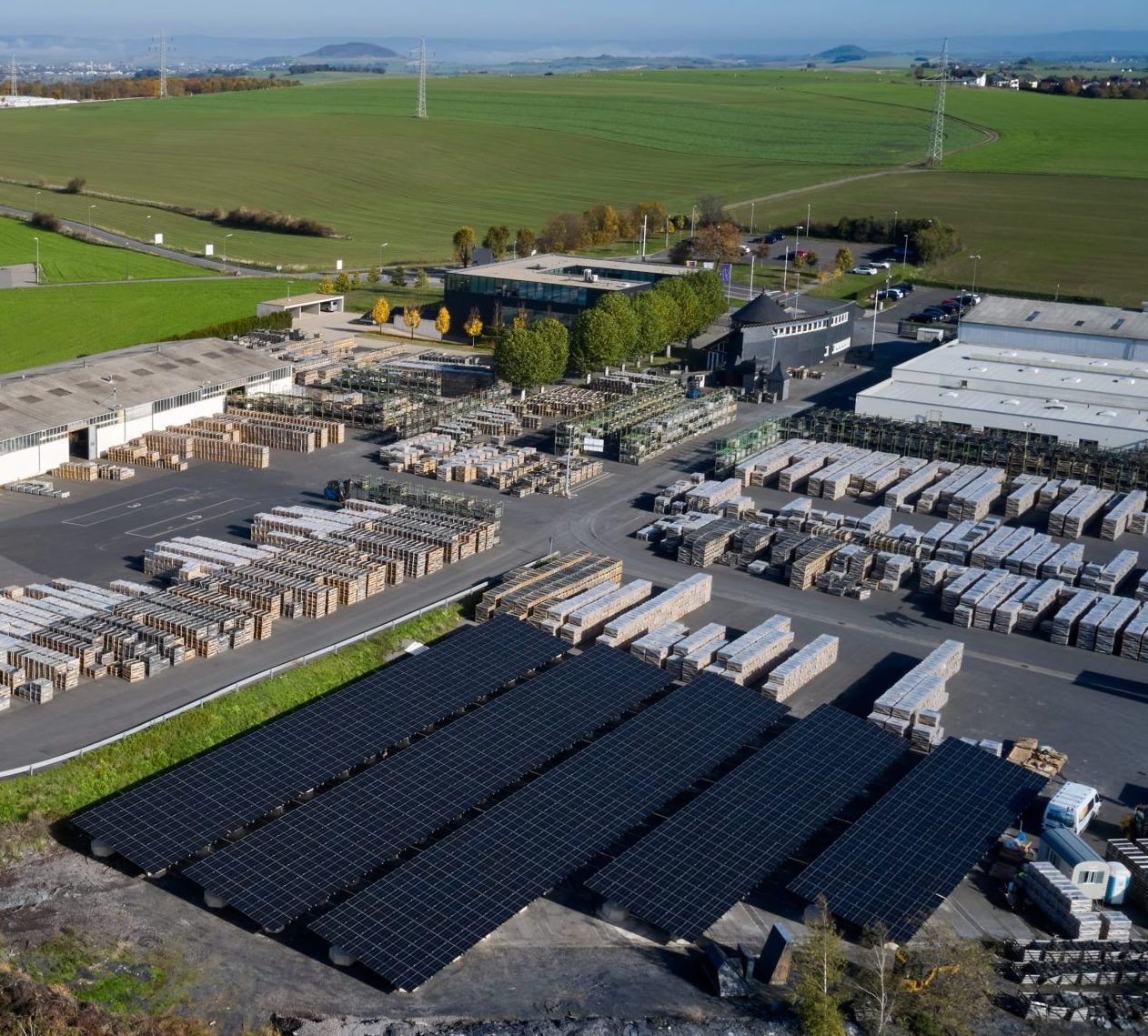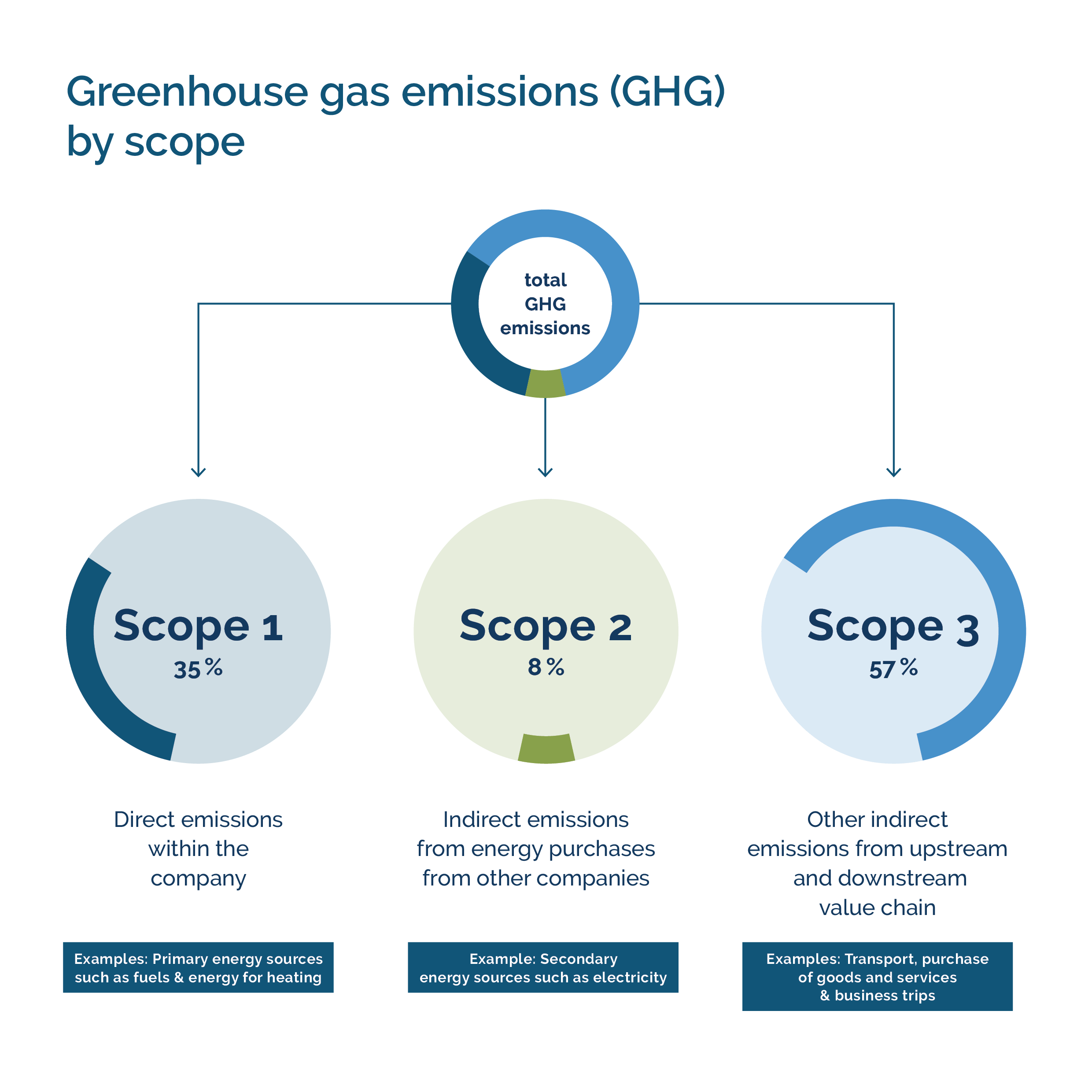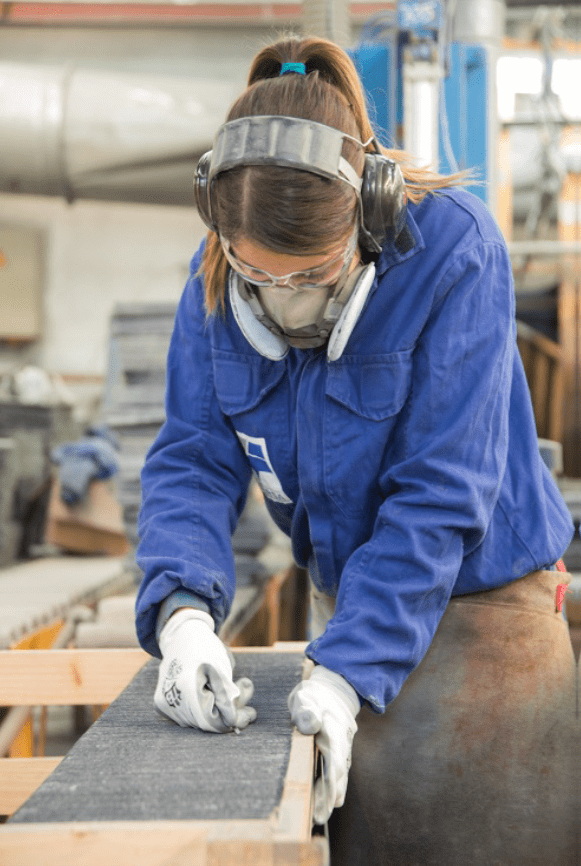Sustainability


Natural building material
The natural building material slate is becoming increasingly important, as it plays a decisive role in the development of sustainable architecture. It therefore makes an important contribution to overcoming global environmental problems and social challenges.
As a leading slate producer, we are aware of our responsibility towards the environment, our fellow human beings and future generations. We have therefore set ourselves the goal of continuously improving sustainability activities at our sites and along the entire value chain. We have defined the materiality of our fields of action in order to prioritise our goals (this includes topics such as climate change, emissions, fuels, energy, human rights, employees and occupational safety).
As a member of the Werhahn Group, we also define our understanding of sustainability in line with the jointly defined projects.


Our carbon footprint
We take great care to ensure that our production process is as sustainable as possible. In order to evaluate our greenhouse gas emissions, we prepare an updated carbon footprint every year in accordance with the standard of the internationally recognised Greenhouse Gas Protocol, which defines various emission categories known as scopes. This takes into account direct emissions within the company (Scope 1), indirect emissions from energy procurement (Scope 2) and other indirect emissions from the upstream and downstream value chain (Scope 3).
GHG emissions
The main driver of greenhouse gas emissions in our value chain is the operation of machinery for extracting and conveying slate as well as the transport of finished goods to customers.
We intend to reduce our GHG emissions in line with the technical and economic possibilities in line with the national climate protection reduction targets. In doing so, we act according to the principle of ‘avoid before reduce before offset'. In 2023, we were able to reduce our emissions per tonne of finished slate product (incl. transport) by 2.14% compared to the previous year.

Social sustainability
Social sustainability is a central component of our corporate behaviour. We are actively committed to respecting human rights and protecting the environment in our supply chain. The promotion of equal rights, safe working conditions and fair dealings with business partners are particularly important to us.
Connected to the region: As an employer, we contribute to the economic development, social stability and quality of life of the local population at our respective locations with over 650 jobs.

